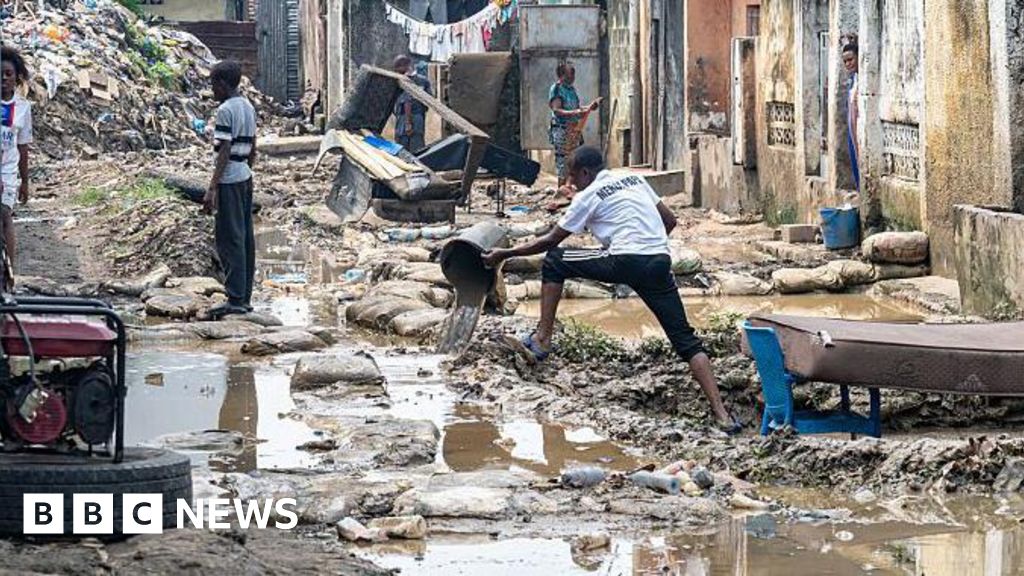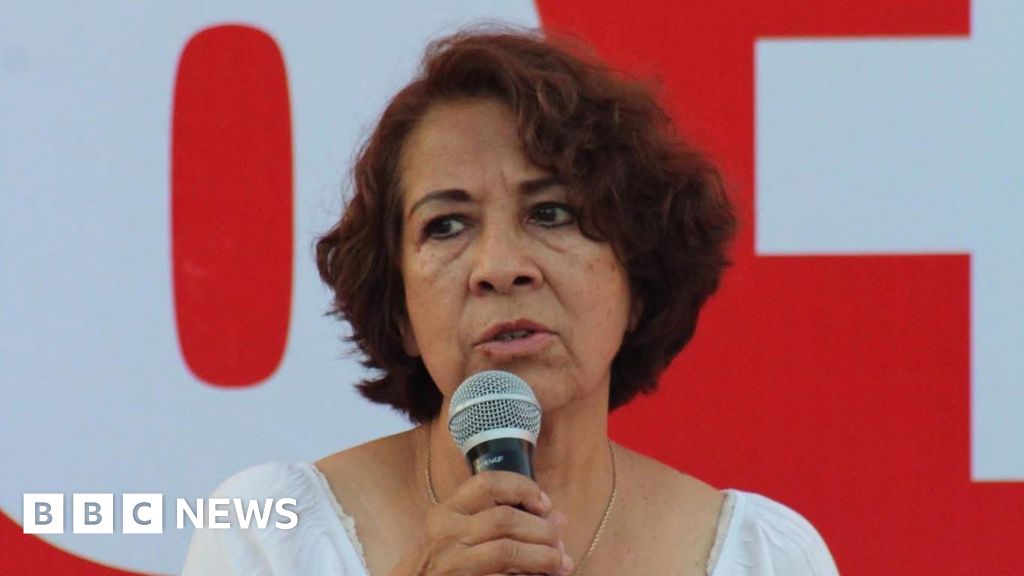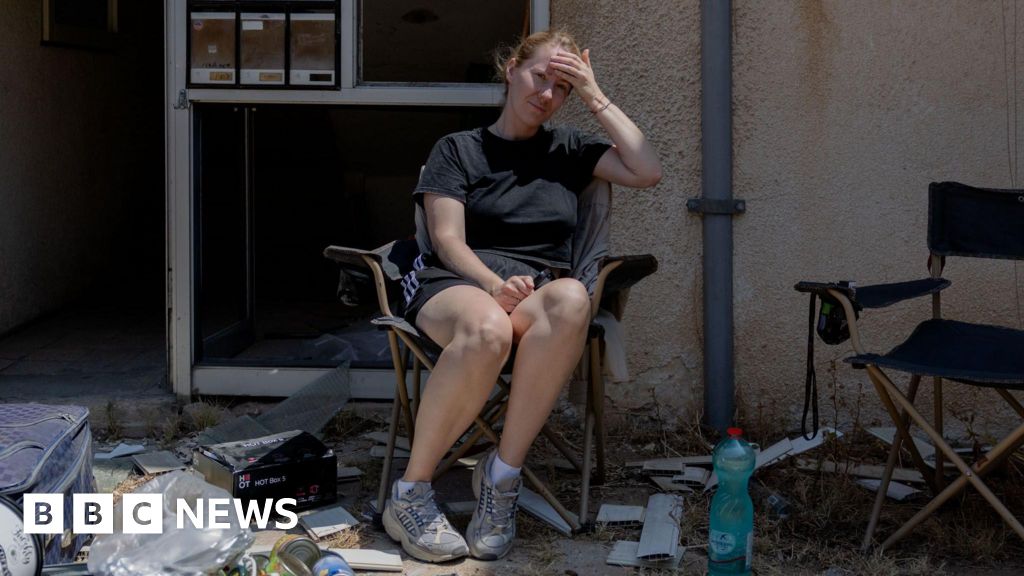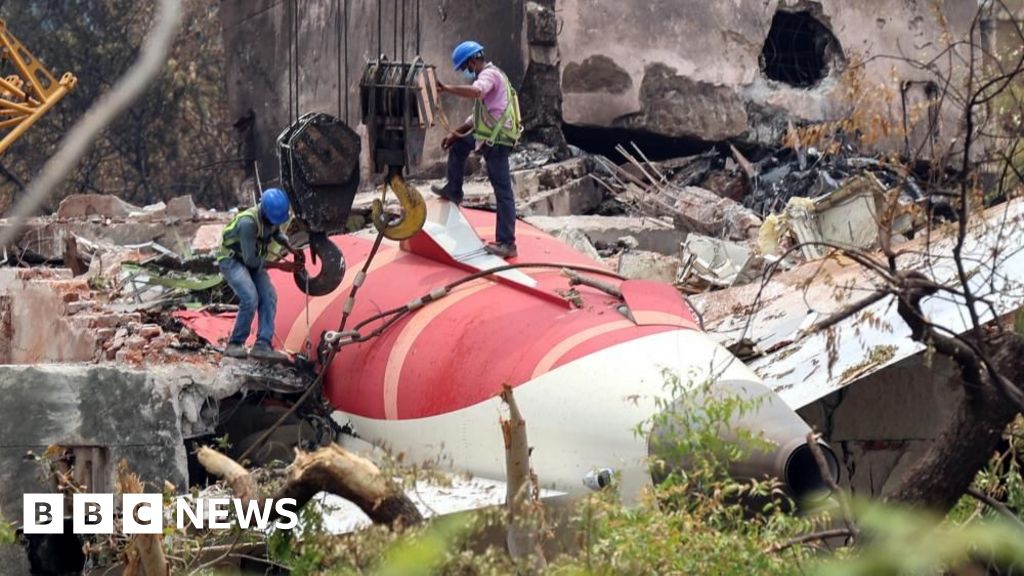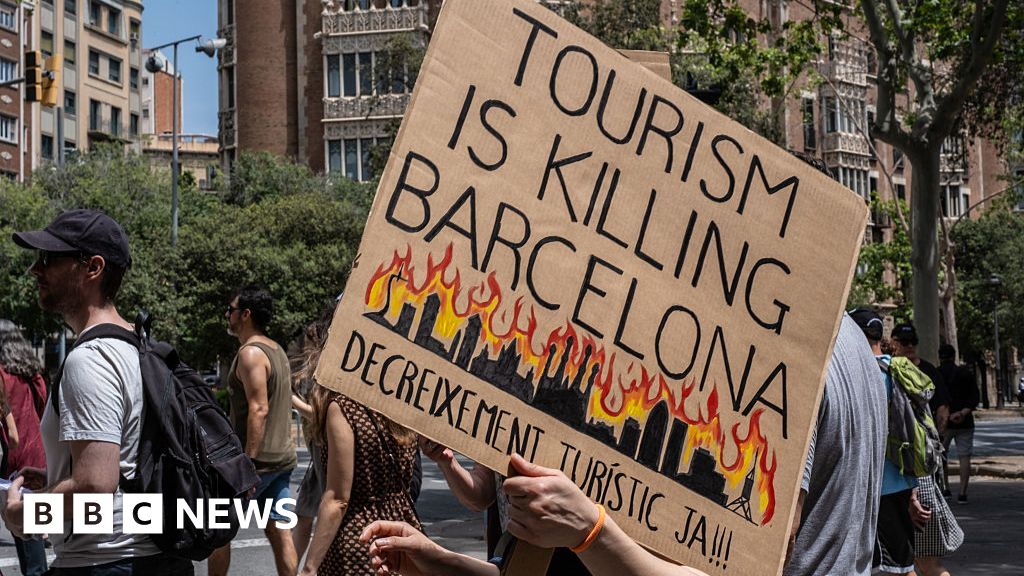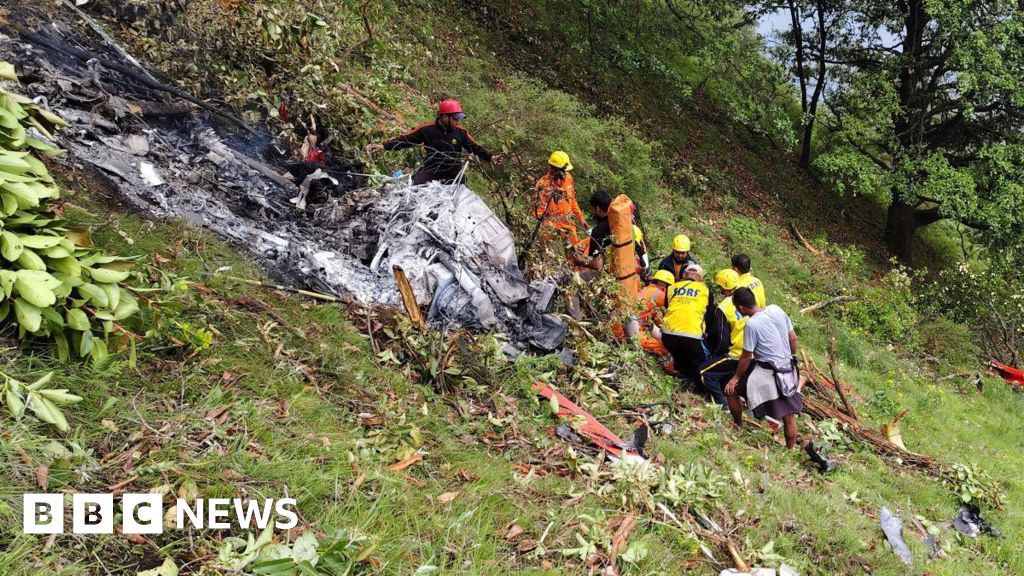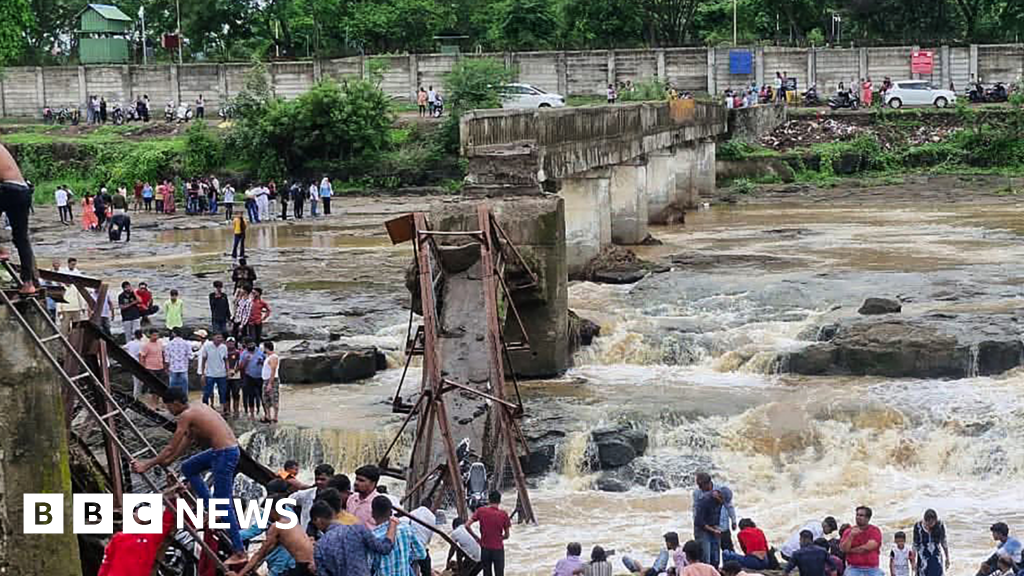A week after a deadly terrorist attack in Kashmir, diplomatic efforts to ease rising tensions between India and Pakistan have ramped up, as global jitters grow over the possibility of a military confrontation between the nuclear-armed neighbors.
On Wednesday, Secretary of State Marco Rubio held separate conversations with Prime Minister Shehbaz Sharif of Pakistan and the Indian foreign minister, S. Jaishankar.
In his exchange with Mr. Jaishankar, Mr. Rubio “reaffirmed the United States’ commitment to cooperation with India against terrorism” but also encouraged New Delhi to work with Pakistan to “de-escalate tensions and maintain peace and security,” the State Department said in a statement.
Mr. Rubio took a more pointed tack with Mr. Sharif, emphasizing the “need to condemn the terror attack” while urging Pakistan to work with India, according to the State Department.
Shortly before that conversation, senior Pakistani officials condemned the attack during a news conference. But they added that India, which said last week that the attackers had “cross-border linkages,” had provided no credible evidence of Pakistani involvement.
The U.N. secretary-general, António Guterres, also spoke with the Pakistani prime minister and the Indian foreign minister this week. Mr. Guterres underscored the “need to avoid a confrontation that could result in tragic consequences” and offered to help mediate, according to a U.N. statement. Other countries, including Kuwait and Saudi Arabia, have urged India and Pakistan to use diplomacy to address their issues.
Pakistan has claimed that it has “credible intelligence” that India is planning an imminent attack, and officials said they would forcefully respond to “any military adventurism” by India. The Indian government has appeared to lay out a case to foreign diplomats for a strike against Pakistan.
Talking the two sides down will most likely be difficult. Even before last week’s terrorist attack, Pakistani officials had riled up their Indian counterparts over the disputed territory of Kashmir.
During a mid-April speech to the Pakistani diaspora in the capital, Islamabad, the Army chief, Gen. Asim Munir, said Kashmir was Pakistan’s “jugular vein,” vital to the nation’s survival.
General Munir also declared that “Pakistan would never abandon Kashmiris in their historic struggle.” Many saw that as an effort to lean on a potent nationalist symbol — the military as the protector and defender of Kashmir — while the country deals with unrest in two provinces and political tensions persist nationwide.
India swiftly rejected the remarks, calling them inflammatory and reiterating its claim over Kashmir, according to local media reports. India and Pakistan both control parts of Kashmir but claim the region in whole.
In the days after the April 22 attack near Pahalgam, a town in Kashmir, officials from both countries exchanged harsh words.
Last Wednesday, India’s defense minister, Rajnath Singh, said that the Indian government would not only find the perpetrators, but also “reach out to those who, sitting behind the scenes, have conspired to carry out the nefarious act on the soil of India.” The statement appeared to hint at the possibility of a military attack on Pakistan.
India also unleashed several punitive measures against Pakistan, including suspending its participation in a water-sharing treaty that is critical for its smaller neighbor.
Pakistan’s top civilian and military leadership called India’s actions “unilateral, politically motivated and legally void” and announced punishing measures of its own. Pakistani officials said they would consider it an “act of war” if India followed through on its plan to restrict the flow of rivers.
Two days after the attack, Prime Minister Narendra Modi of India weighed in. India will pursue “every terrorist and their backers to the ends of the earth,” he said. “The time has come to raze whatever is left of the terror haven.”
As India’s armed forces began their search for the attackers, demolishing the homes of people identified as suspects in Kashmir and detaining thousands for questioning, the two countries also exchanged gunfire along their border.
Pakistan also ramped up tensions by saying it would pull out of a 1972 agreement that laid out the so-called Line of Control, which divides Kashmir into separate regions controlled by India and Pakistan.
On April 25, Pakistan’s defense minister, Khawaja Muhammad Asif, called for an international investigation in the terrorist attack. Pakistani officials also asked the U.S. government to mediate.
The tensions are being closely watched by another of India’s neighbors, China, which is friendly with Pakistan. On Thursday, Mr. Sharif met with China’s ambassador to Pakistan and expressed his “sincere thanks” to China for its “strong and steadfast support to Pakistan” over the escalating situation, according to a statement from the prime minister’s office.
And as the risks of a spiraling conflict grow, the United States has stepped up its involvement. Shortly after the terrorist attack, President Trump seemed inclined to stay out of the dispute: On April 25, Mr. Trump said he was friendly with both countries and noted that they had long been at odds.
Four days later, a State Department spokeswoman, Tammy Bruce, told reporters at a news conference that Mr. Rubio was “encouraging other national leaders, other foreign ministers, to also reach out to the countries on this issue.”
Source link


